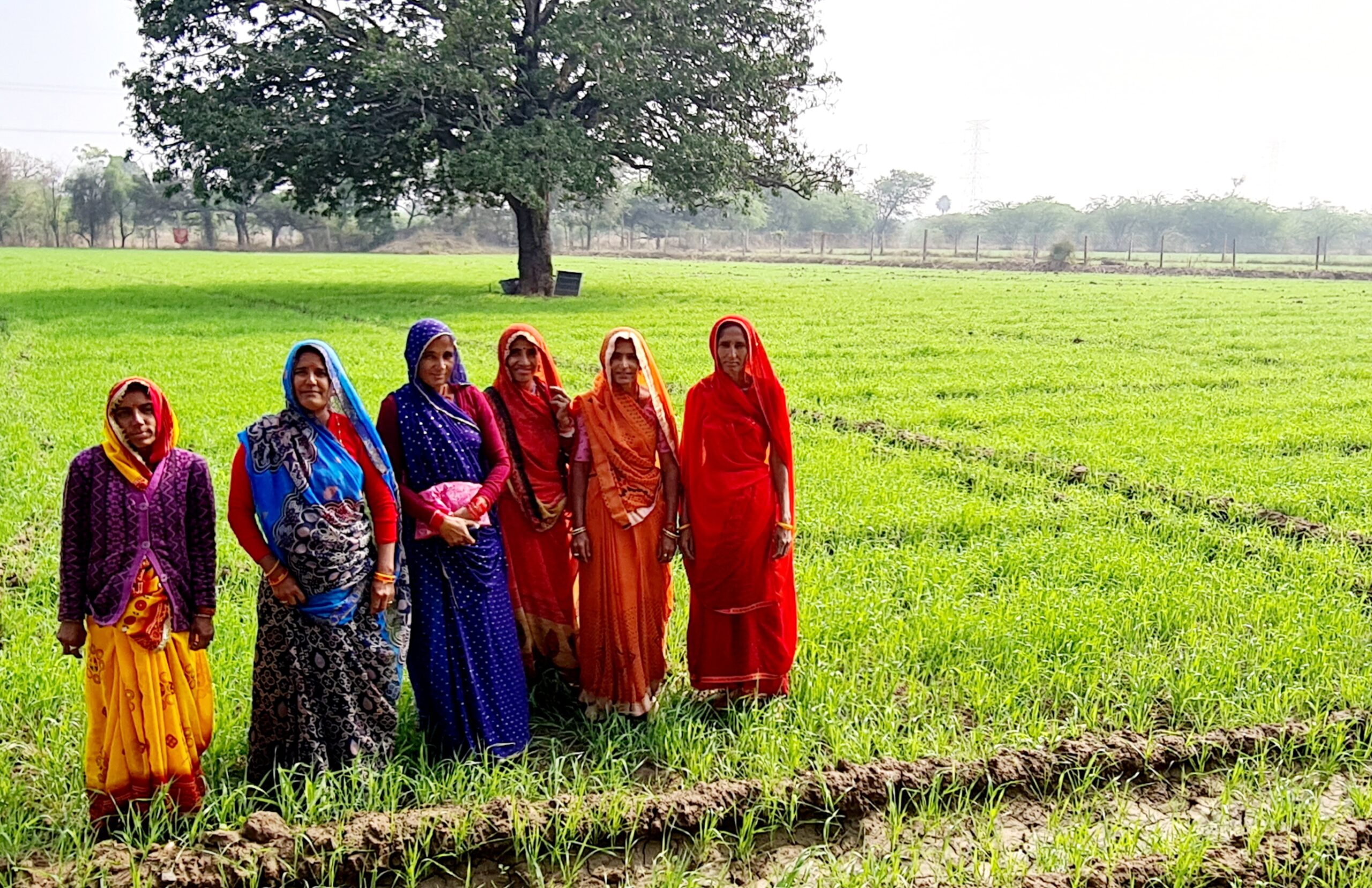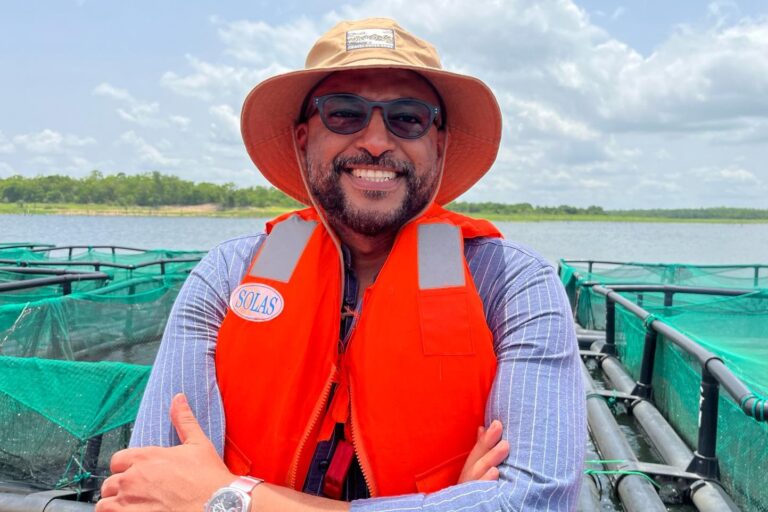By Neena Bhandari
Sydney, 29.04.2024 (SciDev.Net): Crisis-hit Sri Lanka is focusing its research funding this year on projects that can generate direct economic benefits for the country, build capacity, and enhance human resource development, according to the chief executive of its National Research Council (NRC).
“We will be providing grants to projects that value-add to natural resources and minerals in the country, renewable energy, agriculture, climate change and food security, and medical research,” says NRC’s Chief Executive Officer Shanika Jayasekera.
Sri Lanka has been hit by acute inflation and a lack of foreign investment that has led to dramatic cuts in research funding and a crisis in its healthcare system.
Founded in 1999, NRC was formally established in 2007 as a special agency under the country’s constitution to assist the government in planning, coordinating and facilitating research and development, and build a vibrant science and technology community.
The NRC has three different funding programmes – the Target Oriented Multidisciplinary Research Programme, the Public-Private Partnership Programme and the Investigator Driven Research Grant Programme.
The Target Oriented Multidisciplinary Research Programme offers up to Sri Lankan Rupee 50 million (US$168,500) per project for a period of five years and is awarded to ten projects focusing on areas requiring immediate research and development interventions under the National Science and Technology Commission.
“The projects funded so far have focused on improving the dairy industry to achieve self-sufficiency in milk production; development of a polyvalent antivenom for snake bites; community mobilization and integrated vector management for dengue control; interdisciplinary study on chronic kidney disease of uncertain aetiology [cause]; and developing climate-smart agriculture techniques to ensure food security,” explains Jayasekera.
Secondly, the Public-Private Partnership Programme which facilitates partnerships between scientists from public Research and Development institutions and universities, and the private sector. “The private sector contributes 50 percent funding, depending on the area of research and its commercial potential, and the NRC matches the amount for the project. The funding for these projects is between six and 36 months”, she adds.
Thirdly, the Investigator Driven Research Grant Programme which has been implemented since 1999. “This grant has been focusing on capacity building and it has reaped dividends. As a direct consequence of this grant, we have observed that public universities and Research and Development institutions now have well equipped research laboratories and infrastructure. We receive fewer proposals for funding of large research equipment”, Jayasekera tells SciDev.Net.
One of the mandates of the NRC is to recognize scientific merit, based on publications in indexed journals. The Presidential Awards for Scientific Research are the country’s most prestigious awards for scientists with local institutional affiliations.
“Moreover, NRC’s Outreach Programme strengthens the information dissemination mechanism of the research findings. This helps aid development and create public awareness”, she adds. For example, a study was conducted on the natural movement of wild elephants. The elephant corridor was mapped and through NRC’s outreach programme, wildlife personnel and the community were made aware of how to avoid “human-elephant conflict” and safeguard their lives and property.
In order to ensure research delivers on its promises, the NRC will “conduct assessment of completed research projects to evaluate their economic, social and environmental impact”, adds Jayasekera.
For example, the findings of a project on establishing a national neonatal screening centre for congenital hypothyroidism resulted in the Sri Lanka College of Paediatricians publishing a set of guidelines on management of congenital hypothyroidism.
The Ministry of Health subsequently made it mandatory to screen newborns for congenital hypothyroidism in all government health institutions with birthing facilities.
“The estimated prevalence of congenital hypothyroidism at birth in the country is 1:1500. This timely intervention at the infant stage has resulted in the benefit to cost ratio of 3.60 (Sri Lankan Rupee 356,553,781/ Sri Lankan Rupee 98,924,300 LKR)”, she adds.
In order to further increase the impact of research in the country, the NRC is now seeking partnerships with other councils.
“We are seeking partnerships with other research councils, both in developing and developed countries,” explains Jayasekera. “It is very much still a work in progress.”
“The research projects, we are funding, can also help in development of other countries in similar situations. For example, the water purification-related projects can have wider application in the Asia-Pacific region,” she adds.
The NRC has invested funds in R&D of a model community water treatment facility for remediation of total dissolved solids and fluoride in groundwater; and supported research on development of advanced materials for drinking water purification, focused on personal or spot water filters.
Continue Reading on SciDev.Net
© Copyright Neena Bhandari. All rights reserved. Republication, copying or using information from neenabhandari.com content is expressly prohibited without the permission of the writer and the media outlet syndicating or publishing the article.


